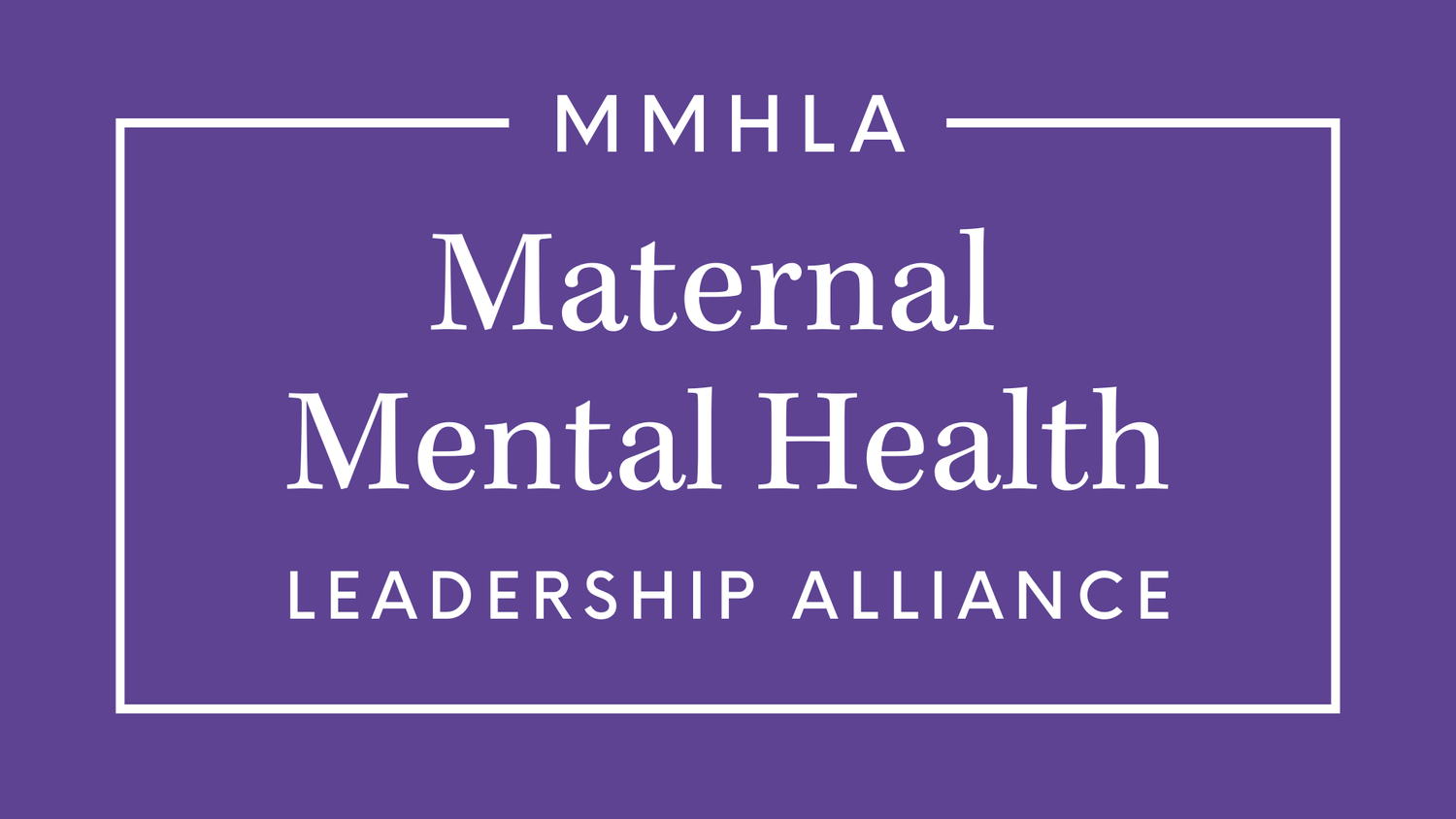Template Op-Ed / Letter to an Editor
Use this template as inspiration to help you write your own op-ed for a local newspaper, blog, magazine, or other media outlet in your community.
Op-Ed / Letter (380 words)
Having a new baby is often considered the happiest time in a family’s life, but this is not always the case.
Maternal mental health conditions — primarily anxiety and depression — are the most common complications of pregnancy and childbirth, affecting 1 in 5 mothers, or 800,000 families each year in the United States. Tragically, suicide and overdose combined are the leading cause of death for women in the first year following pregnancy, accounting for 22% of maternal deaths.
As many as 3 in 4 women who experience these mental health conditions do not get the help they need, potentially leading to long-term, negative impacts on mother, infant, family, and society — and costing our economy $14 billion each year.
Symptoms of maternal mental health conditions include those commonly associated with depression (feeling sad, hopeless, lonely, or numb) and anxiety (feeling overwhelmed, worried, or fearful). Many women report having scary thoughts of hurting themselves or their babies (NOTE: having these thoughts is normal; acting on them is not). Individuals experiencing maternal mental health conditions often say things like:
I’m exhausted, but I can’t sleep, even when my baby sleeps.
I feel like I am drowning.
I am overwhelmed with rage (often focused on their partner).
I feel like the worst parent in the world.
My family would be better off without me.
Fortunately, maternal mental health conditions are often temporary and treatable. The well-documented path to recovery includes a combination of self-care, such as proper sleep, nutrition, light exercise, and time off from caring for the baby; social support, which could be a support group, childcare, meals, and help with household chores; as well as counseling and medication.
To support the mental health and wellbeing of our nation’s mothers, the federal government launched the National Maternal Mental Health Hotline on Mother’s Day in 2022. The Hotline provides free, confidential 24/7 voice and text support in English and Spanish for mothers and others impacted by maternal mental health conditions.
This Mother’s Day, ask a new mother how she is doing. Bring a meal, watch the children, or help with chores like the laundry or the dishes. Tell her about the National Maternal Mental Health Hotline (1-833-TLC-MAMA), and let her know that help and support are just a call or text away.
###
Op-Ed / Letter (250 words)
Having a new baby…the happiest time in a family’s life.
Not always.
Mental health conditions — primarily anxiety and depression — are the most common complications of pregnancy and childbirth, affecting 1 in 5 mothers, or 800,000 families each year in the United States. Tragically, suicide and overdose combined are the leading cause of death for women in the first year following pregnancy, accounting for 22% of maternal deaths.
As many as 3 in 4 women experiencing maternal mental health conditions do not get the help they need, potentially leading to long-term, negative impacts on mother, infant, family, and society — and costing our economy $14 billion each year.
Fortunately, maternal mental health conditions are often temporary and treatable. The well-documented path to recovery includes a combination of self-care (proper sleep, nutrition, light exercise, and time off from caring for the baby); social support, such as a support group, childcare, meals, and help with chores; as well as counseling and medication.
To support the mental health and wellbeing of our nation’s mothers, the federal government launched the National Maternal Mental Health Hotline on Mother’s Day 2022. The Hotline provides free, confidential, 24/7 voice and text support in English and Spanish for those impacted by maternal mental health conditions.
This Mother’s Day, ask a new mother how she is doing. Bring a meal, watch the children, or fold the laundry, and tell her about the National Maternal Mental Health Hotline (1-833-TLC-MAMA). Let her know help is just a call or text away.
